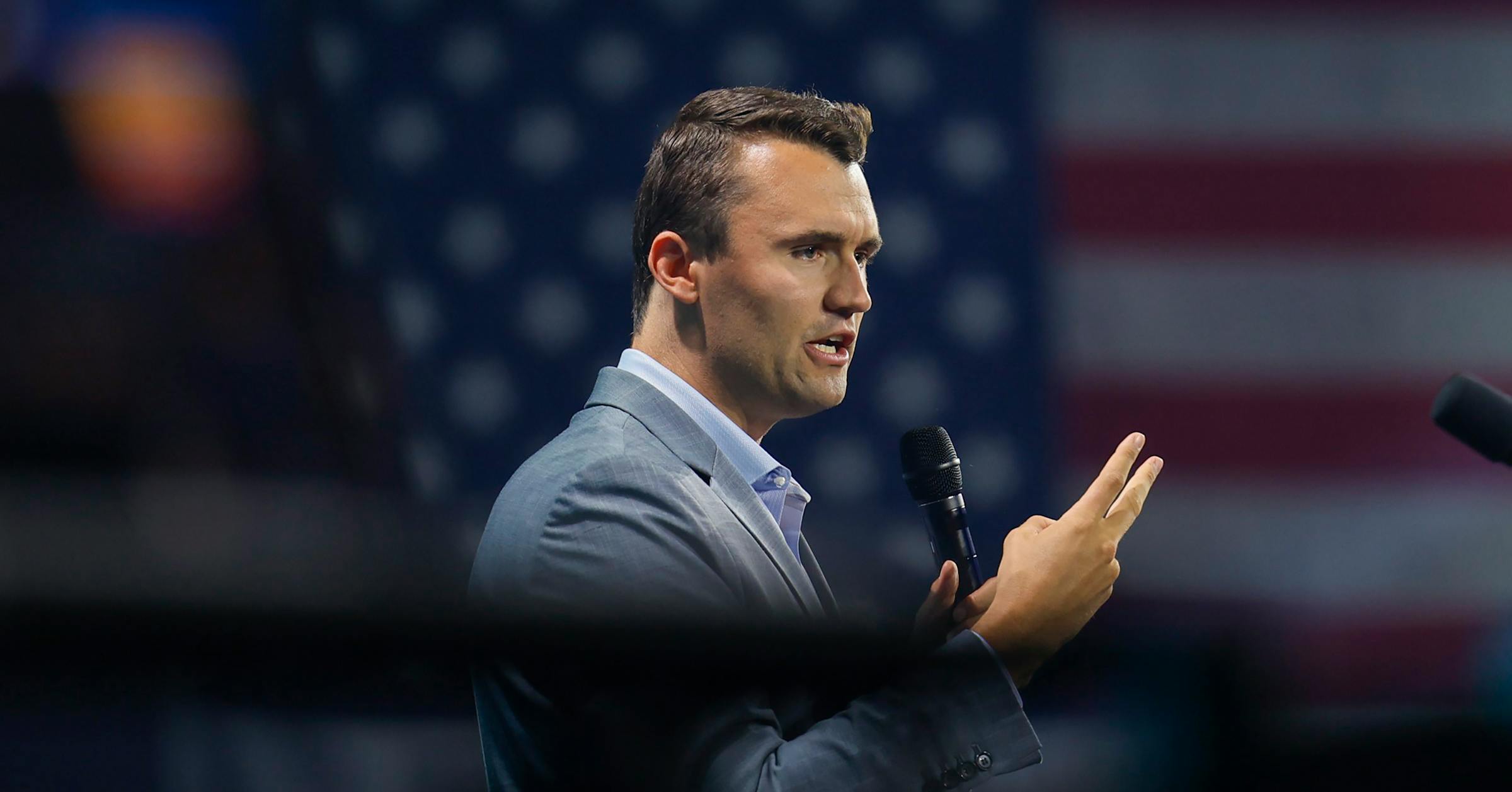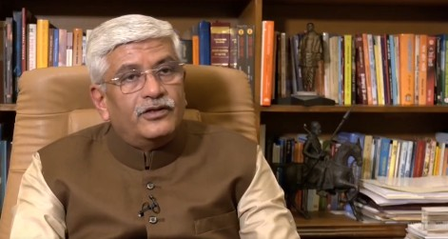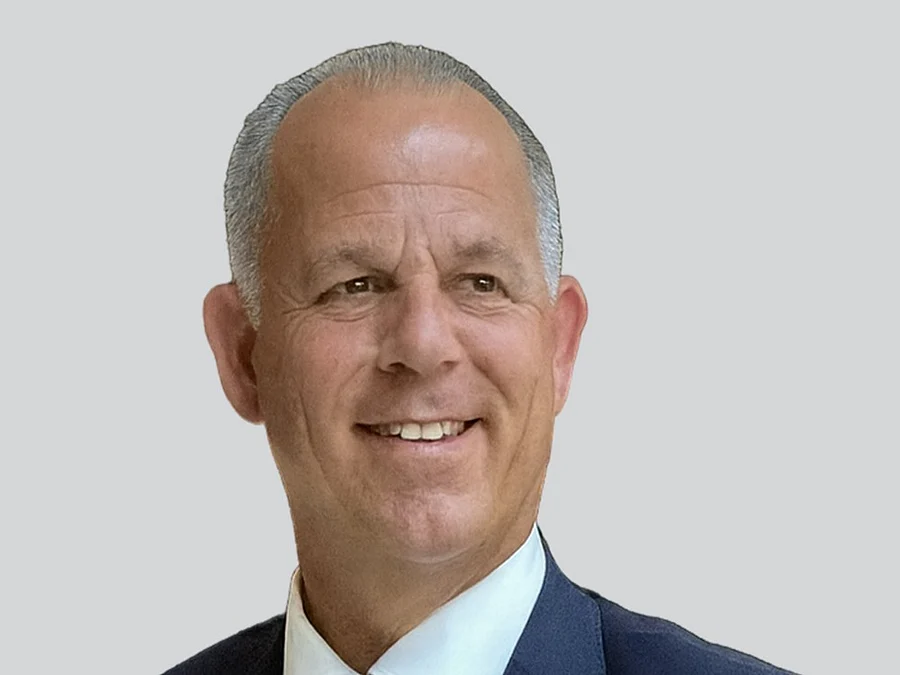
When someone dies violently, the reflex in public life is to soften the truth about who they were. It’s an impulse rooted in our humanity: to comfort the grieving, to cling to the fact that every death is a tragedy. I share that reflex. As a Black woman, a lawyer and a civil rights leader, I abhor political violence. Charlie Kirk should not have been killed. Full stop.
But to honor the truth, we cannot allow grief to blur memory into mythmaking. And right now, America is watching an aggressive effort to canonize Kirk — a man whose life’s work left scars on millions of people like me. To tell the truth about him is not to celebrate his death. It is to insist that facts matter more than falsehoods, even in mourning.
Kirk built his career on attacking the dignity of others. He dismissed prominent Black women as affirmative-action “picks” who, in his words, “don’t have the brain processing power to be taken seriously,” despite never completing a college degree himself.
He smeared George Floyd — whose murder sparked the largest racial justice protests in half a century — as a “scumbag,” pushing conspiracy theories about Floyd’s life rather than grappling with the reality of police violence. He called the Rev. Martin Luther King Jr. “a bad man,” attempting to strip away the moral authority of one of America’s greatest leaders.
He was openly hostile to empathy itself, saying he did not believe in it. That posture was not abstract — it became a license for cruelty, for mocking the marginalized, for celebrating inequality. His rhetoric toward LGBTQ communities was no less venomous. For young queer kids scrolling social media, the message was clear: You are not safe, not worthy, not human enough to be treated with compassion.
These words were not harmless. They were a politics of dehumanization, amplified daily through platforms that rewarded outrage. They emboldened bullies, disinformed voters and undermined the fragile work of racial reconciliation in America. His legacy is not just of “provocative” speech but of real harm.
I say this as clearly as I can — none of this justified his death. A society that answers ugly words with bullets is not free. We should all be disturbed when political disagreements end in murder, regardless of who the victim is.
And yet, the aftermath has turned chilling. President Donald Trump immediately blamed “the radical left” for Kirk’s killing, framing the violence as proof of liberal extremism. He did not acknowledge the long record of right-wing violence in America, nor did he use the moment to call for unity or restraint. Instead, he used the tragedy to deepen division.
That framing opened the door for others in his administration. Attorney General Pam Bondi promised to “absolutely target” what she called “hate speech.” Vice President JD Vance said those who “celebrated” Kirk’s death should “face consequences.” The FCC chair threatened television affiliates after Jimmy Kimmel’s comments about Kirk’s killing, and ABC suspended Kimmel’s show indefinitely.
This is not accountability. It is intimidation. And it flows directly from Trump’s example. When the president blames dissenters for violence, when he equates criticism with extremism, he sets the tone for punishing speech across the board. That is a direct threat to free expression — and to democracy itself.
What is perhaps most revealing, however, is not only what is being said about Kirk, but what is being done in his name. After his killing, Trump ordered flags flown at half-staff, a gesture of solemn state recognition usually reserved for presidents, military heroes and public servants who devoted their lives to the common good.
But when Rep. Melissa Hortman and her husband were slain in an act of political violence, no such honor was extended. Their deaths were met with silence from the same White House that now lionizes Kirk. The contrast is glaring. It tells us whose lives and voices are valued at the highest levels of our government — and whose are not.
When the machinery of the state chooses to grieve selectively, it teaches the public whose humanity is recognized and whose is disposable. That hierarchy is not new. It is deeply familiar to those of us who live at the intersections of fate, race, gender and justice.
The rush to sanitize Kirk’s legacy is not an isolated phenomenon. America has a long history of smoothing over the sharp edges of those whose influence was harmful. Confederate generals who fought to preserve slavery were reimagined in textbooks as honorable men defending “states’ rights.” Richard Nixon, forced to resign in disgrace, was later eulogized by political elites as a statesman whose “legacy will endure,” with Watergate reduced to a footnote. Even George Wallace, who once pledged “segregation forever,” was later softened in memory as a “complex” figure rather than a lifelong architect of racial terror.
Each time, the victims of these men’s words and policies were asked to swallow a diluted version of history in the name of national healing. But healing without truth is not healing at all. And that is what we risk again if Kirk is remembered only as a “fearless conservative” rather than as a man whose career was built, in part, on cruelty.
To remember Kirk honestly requires us to hold two truths at once. The first is that violence against political opponents corrodes democracy, no matter who they are. The second is that his life’s work was not noble.
To honor his family’s grief does not mean lying about who he was. It means telling the truth without cruelty, resisting both the impulse to demonize and the pressure to sanitize. It means refusing to let his death become a blank check for historical revisionism.
As a lawyer and advocate, I know how much words matter — how they shape juries and legislation, and how they affect lives. Kirk’s words wounded. They widened the chasm of distrust among races, genders, orientation and generations. His absence will not heal that wound. Pretending the wound never existed will only deepen it.
The lesson of this moment is not about one man’s death but about the kind of democracy we want to live in. Do we want a country where political violence is normalized, or where words can be challenged with better words, stronger organizing, deeper truth?
Kirk himself rejected empathy. We must not. Our task now is to build a culture where truth-telling and accountability coexist with compassion. We must say that he should not have been killed, and that neither should he be canonized. Both can be true, and both must be spoken aloud.
In the end, Kirk’s death should not mark him as a saint. It should mark a turning point where America learns, finally, that to condemn violence is not to erase harm, and to tell the truth is not to celebrate death. That balance is difficult, but it is the only way forward.



